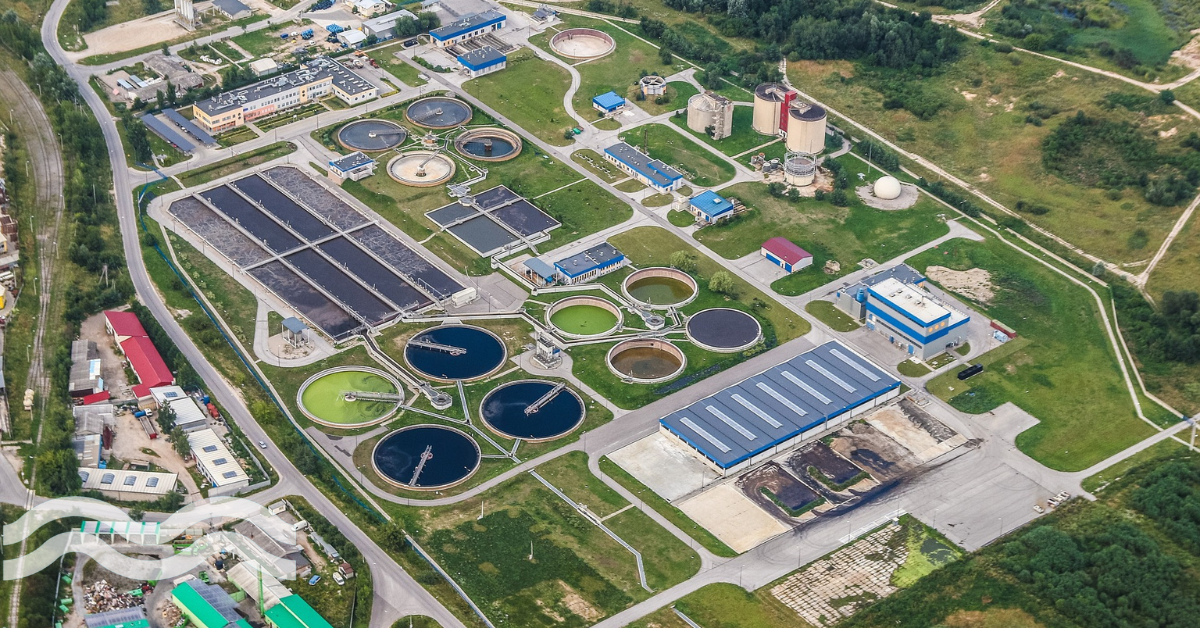Q&A: Europe’s new rules on wastewater reuse
New European rules are being designed to help promote wider reuse of treated urban wastewater to prevent water scarcity. We look further into what the regulations could mean.
Q: What’s the latest deal to drive more efficient treatment and reuse of urban wastewater?
A: Towards the end of January, European negotiators agreed on new rules for the collection, treatment and discharge of urban wastewater.
Q: Great news then! The devil is in the detail. What does this mean?
A: It’s been agreed that by 2035, for communities of over 1000 people or more, there will need to be
secondary treatment (i.e. the removal of biodegradable organic matter) to urban wastewater before it is discharged into the environment.
Q: This sounds encouraging, but what about communities serving over 1000 people?
A: Good question. Well, the changes will be staggered. By 2039, EU countries will have to ensure the application of tertiary treatment (i.e. removal of nitrogen and phosphorus) in all plants covering 150,000 population equivalent and above.
Q: So that’s on the treatment – where does the reuse of the treated wastewater come in?
A: According to the agreed text, member states will be required to promote the reuse of treated wastewater from all urban wastewater treatment plants, where appropriate. This is especially the case in “water-stressed” areas.
Q: What’s the background on this?
A: It was back in October 2022 when the European Commission tabled a plan to revise the urban wastewater treatment directive. Even back in April 2020, there was movement at the European Council (EC) on the regulation, designed to “help remove obstacles to enable widespread reuse of urban water”.
Q: Wastewater treatment has an associated heavy energy cost. Are there any planned developments to help with this?
A: Good point – yes there are. Negotiators have recognised that the urban wastewater treatment sector must plan a “significant role” in reducing greenhouse gas emissions, as well as “helping the EU achieve its climate neutrality objective”.
Q: Encouraging to see this recognised. What are the targets associated with this?
A: There’s mention of an “energy neutrality target”. This means that urban wastewater treatment plants will have to progressively increase the share of renewable energy used each year:
- 20 per cent by 2030
- 40 per cent by 2035
- 70 per cent by 2040
- 100 per cent by 2045.
Q: There’s also a big focus on making polluters pay, right?
A: That’s correct. It’s been agreed to extend producer responsibility (EPR) for medicinal products for human use and cosmetic products. The ambition is that this will help to cover the costs of additional treatment to remove micro-pollutants from urban wastewater.
Q: How much will the polluters expect to be paying?
A: According to the deal, around 80 per cent of the costs will covered by producers.
Q: Will this also lead to an increase in wastewater monitoring?
A: Absolutely. It was agreed to strengthen public health parameter monitoring, including for per- and polyfluoroalkyl substances or (PFAS) and microplastics. Furthermore, in communities of 100,000 or more, antimicrobial resistance will be monitored.
Q: What are the next steps – this will happen quickly, right?
A: Well, yes and no. The agreement needs to be formally approved by the European Parliament and Council before it can enter into force.
Q: What have the MEPs said about the proposed changes?
A: That’s progress, at least and yes, MEPs have, as expected, commented on the new developments. Nils Torvalds, member of the Renew Europe Group, called the deal a “breakthrough for significantly improved water management and wastewater treatment standards” in Europe.
Related content
Share your water technology stories with us
Do you have an innovation, research results or an other interesting topic you would like to share with the international water technology industry? The Aquatech website and social media channels are a great platform to showcase your stories!
Please contact our Sr Brand Marketing Manager Annelie Koomen.
Are you an Aquatech exhibitor?
Make sure you add your latest press releases to your Company Profile in the Exhibitor Portal for free exposure.
We promise never to send you spam and you can unsubscribe at any time!
